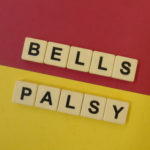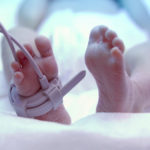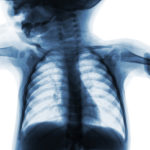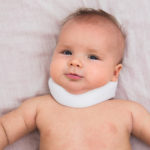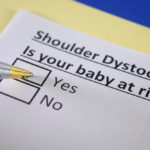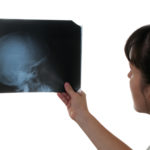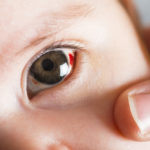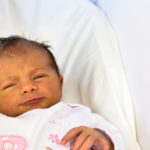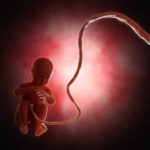
Tiffany Lee, M.D.
General Pediatrician
Highlights
- Board certified General Pediatrician
- Graduate of Wayne State University School of Medicine
Education
Dr. Lee was born in Ontario, Canada and has dual-citizenship in Canada and the United States. She attended undergraduate school at Michigan State University before graduating from Wayne State University School of Medicine. After receiving her medical degree, Dr. Lee completed the General Pediatric residency program at The University of Florida, earning many accolades. Her awards include being twice-named Resident of the Month, and earning the Apple Award for Resident Teaching Excellence.
Experience
Dr. Lee is a board certified General Pediatrician with experience in primary and urgent care. At this time, she maintains a position as a remote access TelaDoc. She has extensive volunteer experience, including five years at the Children’s Hospital of Michigan. Her special interests include both preventive medicine and newborn care.
Pages Reviewed
Birth Injury Symptoms
Each birth injury has its own unique set of symptoms. Recognizing these symptoms will help you understand what kind of injury your infant may have endured.
Chorioamnionitis
Chorioamnionitis is inflammation of the fetal membranes and amniotic fluid due to a bacterial infection. Learn more about how this happens and how you can prevent it.
Infant Bell’s Palsy
Infant Bell’s palsy is a rare type of injury that occurs when facial nerves become inflamed.
Infant Brain Damage
Infant brain damage can lead to a myriad of severe, life-long health problems. Brain damage is usually caused by a traumatic brain injury during delivery or trauma during pregnancy.
Infant Broken Bones
Infant broken bones can occur during a difficult delivery or as the result of birth trauma. Learn more about the impacts of these injuries.
Infant Cervical Torticollis
Cervical torticollis, or cervical dystonia, is a neurological condition that causes the neck muscles to involuntarily spasm or contract.
Infant Meningitis and Your Baby’s Health
Infant meningitis is the result if inflammation of the membranes surrounding the spinal cord. It can be very dangerous without proper and timely treatment.
Infant Seizures
Infant seizures may be a sign of a serious medical problem or birth injury.
Infant Shoulder Dystocia
Shoulder dystocia occurs when one or both of your baby’s shoulders become stuck behind your pubic bone. It can be dangerous if not managed properly.
Infant Skull Fractures
Infant skull fractures can occur due to pressure during delivery, or due to medical negligence. Read on to learn more if your child has suffered a skull fracture.
Infant Spinal Cord Damage
Infant spinal cord damage is rare, but when it occurs, it can be life-changing for your infant, and your family.
Infant Subconjunctival Hemorrhage (SCHN)
If your newborn has red spots on the whites of the eyes, he or she may have a subconjunctival hemorrhage.
Kernicterus
Kernicterus is a rare neurological disorder caused by bilirubin entering brain tissue and causing damage.
Klumpke’s Palsy
Klumpke’s palsy is a birth injury caused by damage to certain nerves in the brachial plexus.
Neonatal Stroke
Neonatal stroke occurs more often than most people realize. The result is often brain damage and life-long difficulties.
Newborn Jaundice
Newborn jaundice is normal for many babies. Without proper and timely treatment, however, it can escalate and be dangerous.
Oxygen Deprivation at Birth
Oxygen deprivation can lead to a variety of birth injuries and long-term medical conditions.
Periventricular Leukomalacia (PVL)
Periventricular Leukomalacia is a type of brain damage that most often affects premature babies.
Umbilical Cord Prolapse
Un umbilical cord prolapse can be traumatic and result in serious complications if not diagnosed and treated quickly.


